Carla Camurati
Birth : 1960-10-14, Rio de Janeiro, Rio de Janeiro, Brazil
History
Carla de Andrade Camurati (Rio de Janeiro, October 14, 1960) is a Brazilian filmmaker, screenwriter, cultural producer and former actress. After being featured in telenovelas such as Livre para Voar (1984) and Fera Radical (1988), she left her acting career in 1994 to dedicate herself to filmmaking, founding Copacabana Filmes and directing several films since then. She also became an influential cultural producer, having chaired the International Children's Film Festival and the Municipal Theater of Rio de Janeiro between 2007 and 2014.

Producer
The movie is a collage and comentary of varied third party footage on news relating to each and every one of the eight Presidents of Brazil who took office since the end of the military government, from José Sarney to Jair Bolsonaro.

Screenplay
The movie is a collage and comentary of varied third party footage on news relating to each and every one of the eight Presidents of Brazil who took office since the end of the military government, from José Sarney to Jair Bolsonaro.

Director
The movie is a collage and comentary of varied third party footage on news relating to each and every one of the eight Presidents of Brazil who took office since the end of the military government, from José Sarney to Jair Bolsonaro.

Two years of research and visits to collections, cinematheques and museums; almost seventy interviews that generated 30 hours of recorded material; more than two hundred scanned photos and more than one hundred films watched. In total, more than a thousand hours of work were needed to prepare Brazilian Cinema in the 20th Century. The work is a fascinating journey through all the cinematic cycles that Brazil lived, from the pioneering Belle Époque, through the great studios like Atlântica and Cinédia, Cinema Novo, the urban comedies of the 70's, until the resumption in the late 90's. The documentary is unique, it gives the floor to who really wrote and lived this story intensely.
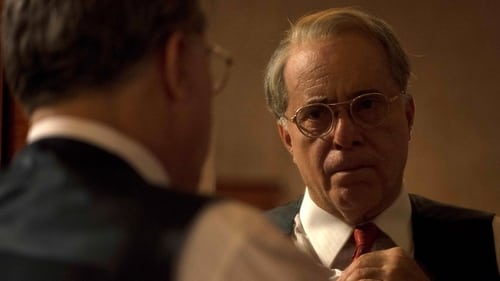
Executive Producer
The movie depicts the political crisis that led to the suicide of president Getúlio Vargas, in the 19 days that preceded August 24, 1954. The crisis began with the attempted assassination of journalist and politician Carlos Lacerda in August 5, 1954, at rua Toneleros, Rio de Janeiro, in which Major Vaz was assassinated instead. Investigations pointed to Gregório Fortunato, chief of Vargas' personal guard, as the orderer of the frustrated assassination. This incident was one of the most importants in the history of Brazil.
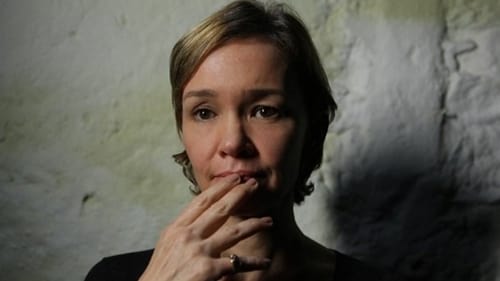
Production Coordinator
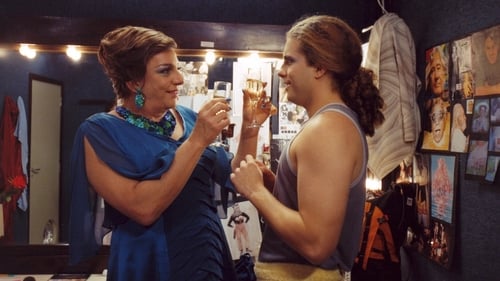
Producer
After many flops, theatrical producer decides to stage a former hit, "O Mistério de Irma Vap". But he is going to face many problems to find the right actors and get the necessary permissions.

Writer
After many flops, theatrical producer decides to stage a former hit, "O Mistério de Irma Vap". But he is going to face many problems to find the right actors and get the necessary permissions.

Director
After many flops, theatrical producer decides to stage a former hit, "O Mistério de Irma Vap". But he is going to face many problems to find the right actors and get the necessary permissions.

Producer

Writer and poet Clarice Lispector investigates and develops the old question of what came first, the egg or the chicken.
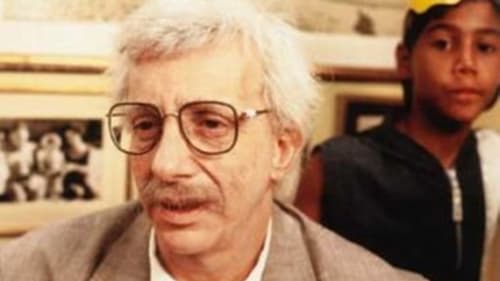
Producer
Moments before turning 90 years of age, Alberto remembers his life, lived in Copacabana, a neighborhood in Rio de Janeiro. The film is a comedy about old age nowadays, with Copacabana as a background.

Writer
Moments before turning 90 years of age, Alberto remembers his life, lived in Copacabana, a neighborhood in Rio de Janeiro. The film is a comedy about old age nowadays, with Copacabana as a background.

Director
Moments before turning 90 years of age, Alberto remembers his life, lived in Copacabana, a neighborhood in Rio de Janeiro. The film is a comedy about old age nowadays, with Copacabana as a background.

Producer
Living in the house of Uberto as a child, Serpina is now a beautiful young woman who, seeing her master willing to marry, decides that it will be her and not any other woman. Adaptation of the Opera buffa La Serva Padrona.

Executive Producer
Living in the house of Uberto as a child, Serpina is now a beautiful young woman who, seeing her master willing to marry, decides that it will be her and not any other woman. Adaptation of the Opera buffa La Serva Padrona.

Art Direction
Living in the house of Uberto as a child, Serpina is now a beautiful young woman who, seeing her master willing to marry, decides that it will be her and not any other woman. Adaptation of the Opera buffa La Serva Padrona.

Writer
Living in the house of Uberto as a child, Serpina is now a beautiful young woman who, seeing her master willing to marry, decides that it will be her and not any other woman. Adaptation of the Opera buffa La Serva Padrona.

Director
Living in the house of Uberto as a child, Serpina is now a beautiful young woman who, seeing her master willing to marry, decides that it will be her and not any other woman. Adaptation of the Opera buffa La Serva Padrona.

Self
"Portraits and excerpts from Brazilian films from all times. Actors, directors and images that affirm cinema."

Executive Producer
The life of Carlota Joaquina, the Spanish infanta who met the prince of Portugal when she was only 10 years old and was immensely disappointed with her future husband.

Writer
The life of Carlota Joaquina, the Spanish infanta who met the prince of Portugal when she was only 10 years old and was immensely disappointed with her future husband.

Director
The life of Carlota Joaquina, the Spanish infanta who met the prince of Portugal when she was only 10 years old and was immensely disappointed with her future husband.
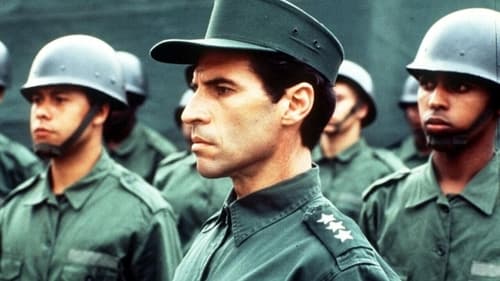
Clara
The real story of Carlos Lamarca, a captain who, during the military dictatorship in Brazil, deserted Brazilian Army and got involved in left-wing guerilla groups, becoming one of their most prominent leaders.

Self
A documentary chronicling the life and works of Brazilian poet, songwriter, journalist and avant-garde filmmaker Torquato Neto, from his beginnings to his suicide at the age of 28.

Monique
Xavier, a pharmacist, lives peacefully in bigamy with his two women, Carmen and Beatriz, but the harmony breaks down when they find he has another lover, Monique, a nightclub dancer.

Pagu
Eternamente Pagu is a biographical film about Patrícia Galvão, best known as Pagu, a Brazilian political, literary and artistic activist. An important figure of the Brazilian Modernism, Pagu was also a militant for the Brazilian Communist Party after she married writer Oswald de Andrade. She broke up with Andrade and, as a journalist was arrested by the Dictatorship of Getúlio Vargas. After she left prison, she abandoned Communism in favor of Trotskyist Socialism, married Geraldo Ferraz, and started a career as theatre director.

Screenplay
A poor woman is visited by the fairy godmother who turns her into a brilliant movie and TV star.

Director
A poor woman is visited by the fairy godmother who turns her into a brilliant movie and TV star.

Fatal Woman, beggar
A poor woman is visited by the fairy godmother who turns her into a brilliant movie and TV star.

Shirley Sombra
After seven years in jail, Anjo meets up with his former accomplice, now head of a criminal organization. The former detainee finds himself embroiled with an underworld star, Shirley Sombra, and finds enmity with a corrupt police officer.
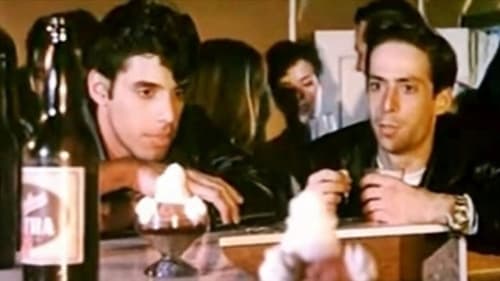
Soninha
Two stories chronicle the days of the bohemian, libertine youth of 1960s Rio de Janeiro.

Violeta

Glorinha
An aspiring actress is hired to dub a recently deceased movie star in an upcoming erotic thriller. As the recording sessions go on, the voice actress finds herself slowly being influenced by the dead star’s presence.

Rita
A group of eleven women organize a soccer team, as a manifesto against sexism.

Vera Maria Gatta
Innocent girl starts working as a secretary in an office. Soon she finds out a hole in the wall through which she can see the action in the next apartment, where a prostitute meets her bizarre clients.














